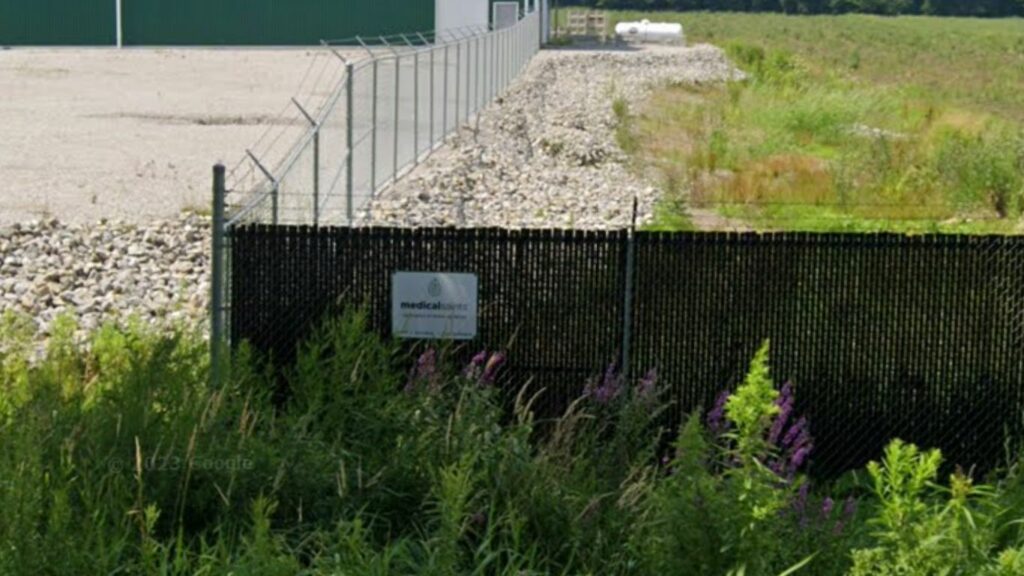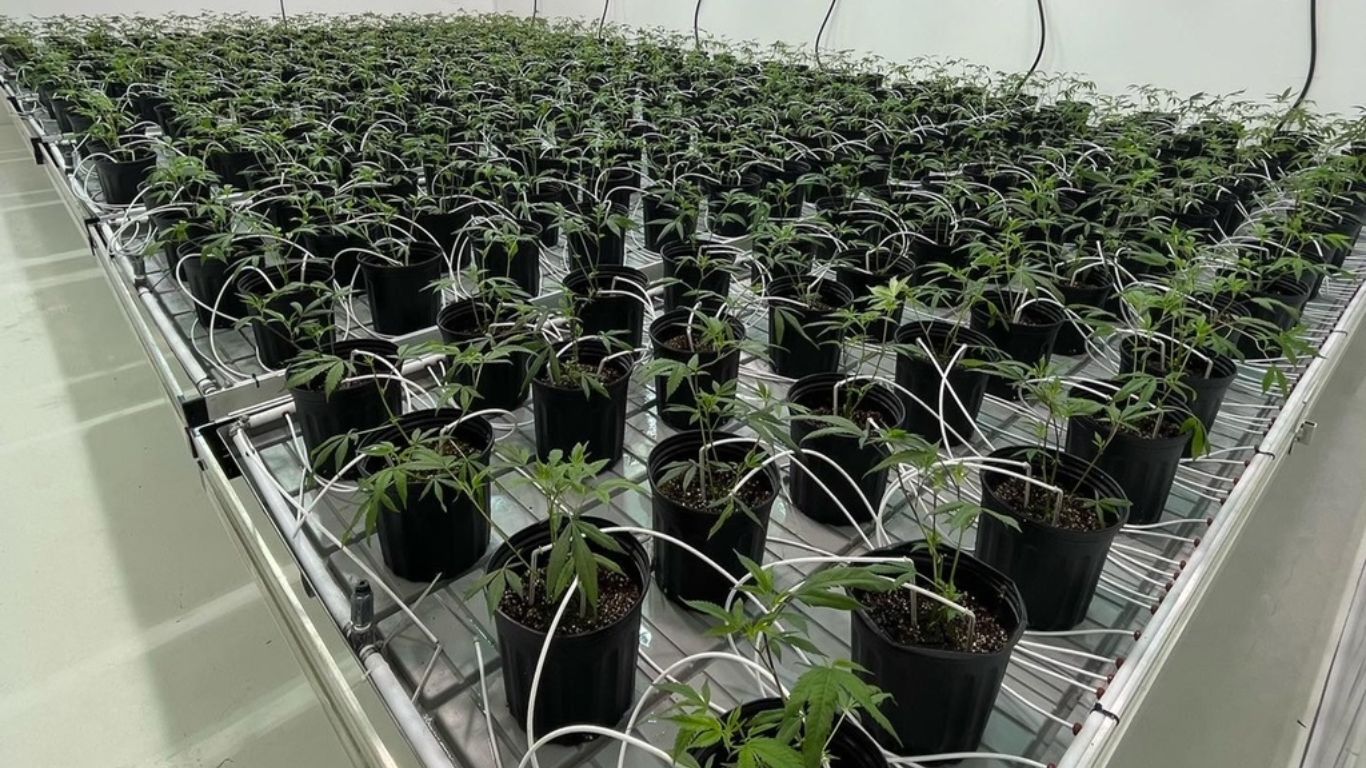
An Ontario township has spent close to a million dollars trying to fight legal cannabis, says the township’s Mayor.
Oro-Medonte, located northwest of Lake Simcoe, near Barrie, initially passed a bylaw in 2018 preventing any land in the agricultural/rural zone from being used for the purposes of growing cannabis and any related activities.
The bylaw was intended to give staff time to research options and best practices relating to zoning and the regulation of cannabis production and sales.
Then, in 2020, the Council passed a now repealed bylaw mandating where cannabis production and processing could occur, including minimum setbacks.
According to Bradford Today, Mayor Randy Greenlaw. told those at a recent town hall that he and a delegation met with former Ontario housing minister Steve Clark in April of this year, where cannabis regulations came up.

Bradford Today reports that there are federally licensed commercial cannabis producers within the township, all of whom challenged the initial interim control bylaw, claiming it was not aligned with provincial policy. The township reached agreements with two producers, Carmel Cannabis and Organibis, but not Medical Saints, a hemp producer.
“As this case unfolded, it became apparent that this was a highly politically charged issue in the township,” said a lawyer representing Organibis earlier this year. “I appreciate that the normalization of the legalization of cannabis … will take some time, in that there’s still significant stigma around cannabis. But planning decisions can’t be made based on the stigma around a new legalized crop such as cannabis.”
At their meeting, the Mayor says Clark explained that Ontario’s Municipal Act defines where municipalities can and cannot infringe on the provincial and federal cannabis regulations. Greenlaw said he received input from the Ontario Ministry of Agriculture, Food and Rural Affairs (OMAFRA), also supporting that opinion.
“I talked with OMAFRA and their opinion is an agricultural crop is an agricultural crop and it can be grown on any land that’s designated agricultural,” Greenlaw said. “They don’t make any distinction between wheat, hay, and cannabis. They’re all legal crops.”
The federal licensing process for cannabis production requires that the applicant inform their municipality of their application, and municipalities can pass bylaws regulating where these facilities are located but cannot outright ban commercial production.
However, according to Bradford Today, many local residents in Oro-Medonte are unhappy and want the local government to fight against allowing the Medical Saints’ hemp farm. Although the mayor expressed his sympathy with residents, he said there is little he can do, emphasizing the more than $800,000 the city has spent on the issue so far, coming out of residents’ taxes.
“If someone can show me the path from where we are now to where we want to land, a solution that overcomes the current policies and legislation, let me know,” he told the audience. “I can’t see it, but I’ll work with you so we can find a solution.”
British Columbia has dealt with similar issues, with the provincial Agricultural Land Commission making a similar ruling in the past that classified all cannabis production on land within the province’s Agricultural Land Reserve as farm use as long as it is outdoor or, essentially, doesn’t damage existing farmland.
Featured image by Carmel Cannabis











